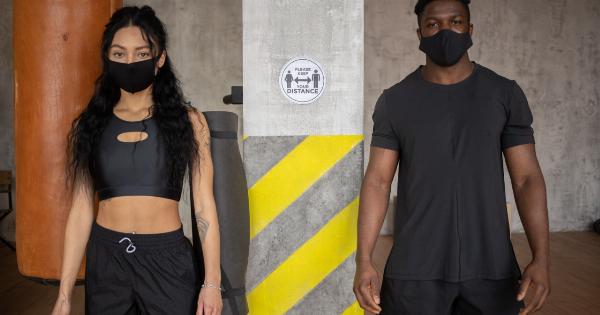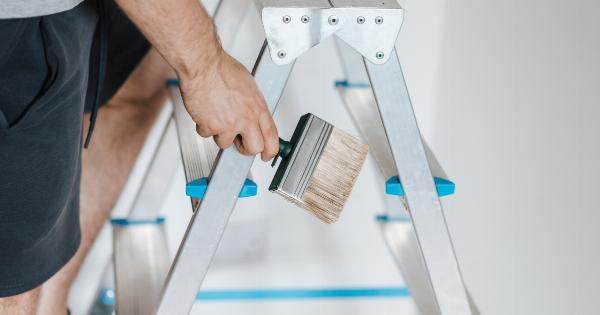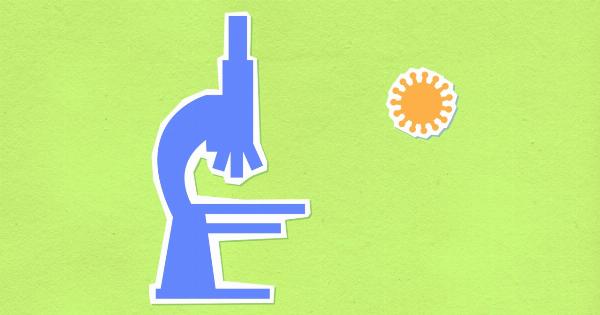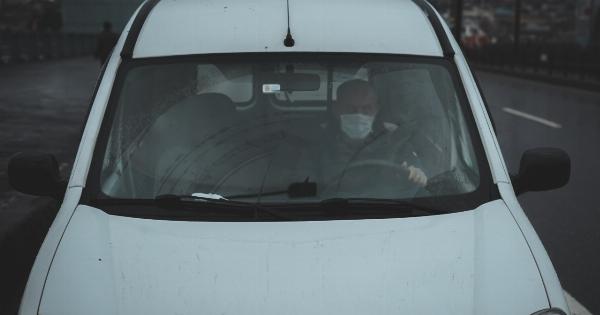Asthma and Chronic Obstructive Pulmonary Disease (COPD) are chronic respiratory conditions that can make individuals more susceptible to respiratory infections, including the Koroneovirus.
Koroneovirus, also known as COVID-19, is a newly discovered virus that causes respiratory illness with symptoms ranging from mild cold-like symptoms to severe pneumonia. It is crucial for people with asthma or COPD to take extra precautions to protect themselves from this virus.
This article will discuss various measures that individuals with asthma or COPD can take to minimize their risk of contracting the Koroneovirus.
1. Stay Informed
It is essential to stay informed about the latest updates and guidelines issued by health organizations and authorities regarding COVID-19.
Regularly check reliable sources such as the World Health Organization (WHO) and Centers for Disease Control and Prevention (CDC) for accurate information and guidance on protecting yourself from the virus.
2. Follow Hygiene Practices
Practicing good hygiene is vital to prevent the spread of the Koroneovirus. Wash your hands frequently with soap and water for at least 20 seconds, especially before and after going out, touching your face, or eating.
If soap and water are not readily available, use a hand sanitizer that contains at least 60% alcohol. Avoid touching your face, particularly your eyes, nose, and mouth, as the virus can enter your body through these routes.
3. Maintain Social Distancing
COVID-19 primarily spreads through respiratory droplets when an infected person coughs, sneezes, or talks. It is crucial to maintain a safe distance of at least 6 feet from others, especially those who are showing symptoms or are known to be infected.
Avoid crowded places and limit close contact with people outside your household.
4. Adhere to Respiratory Etiquette
Cover your mouth and nose with a tissue or your elbow when coughing or sneezing. Dispose of used tissues immediately and wash your hands afterwards. If you must use a tissue, make sure to dispose of it properly and wash your hands immediately afterward.
By following respiratory etiquette, you can prevent the spread of respiratory droplets that may contain the Koroneovirus.
5. Avoid Non-Essential Travel
Traveling increases the risk of exposure to the virus. If you have asthma or COPD, it is advisable to avoid non-essential travel, especially to areas with a high number of COVID-19 cases.
Traveling by air can also pose additional challenges for individuals with respiratory conditions due to the recirculation of air in the cabin. If travel is necessary, consult with your healthcare provider for specific precautions.
6. Create an Asthma/COPD Action Plan
If you have asthma or COPD, work with your healthcare provider to develop an action plan. This plan should outline steps to manage your condition and handle exacerbations or worsening symptoms.
Ensure that you have an adequate supply of medications, including rescue inhalers, to manage your symptoms during these challenging times.
7. Regularly Clean and Disinfect
Regularly clean and disinfect frequently touched surfaces such as doorknobs, light switches, mobile phones, keyboards, and countertops. Use household disinfectants that are effective against viruses.
Additionally, maintain good indoor air quality by regularly cleaning and vacuuming your living spaces, reducing indoor pollutant sources, and ensuring adequate ventilation.
8. Practice Self-Isolation if Exposed
If you have been in close contact with someone who has tested positive for COVID-19 or if you develop symptoms yourself, it is important to self-isolate.
Stay at home, separate yourself from others in your household, and follow the guidance provided by healthcare professionals. Contact your healthcare provider if your symptoms worsen or if you have any concerns.
9. Follow Regular Medication Regimen
It is crucial for individuals with asthma or COPD to continue taking their regular prescribed medications as per their healthcare provider’s instructions.
Keeping your conditions well-managed can help reduce the risk of exacerbations and complications if you do contract the Koroneovirus. If you have any concerns or questions about your medications, consult your healthcare provider.
10. Seek Medical Help if Needed
If you experience worsening symptoms or have concerns about your respiratory condition, it is important to seek medical help.
Telemedicine options may be available to consult with your healthcare provider remotely, reducing potential exposure to the virus. Follow the instructions provided by your healthcare provider and seek emergency medical care if your symptoms are severe or if you have difficulty breathing.





























